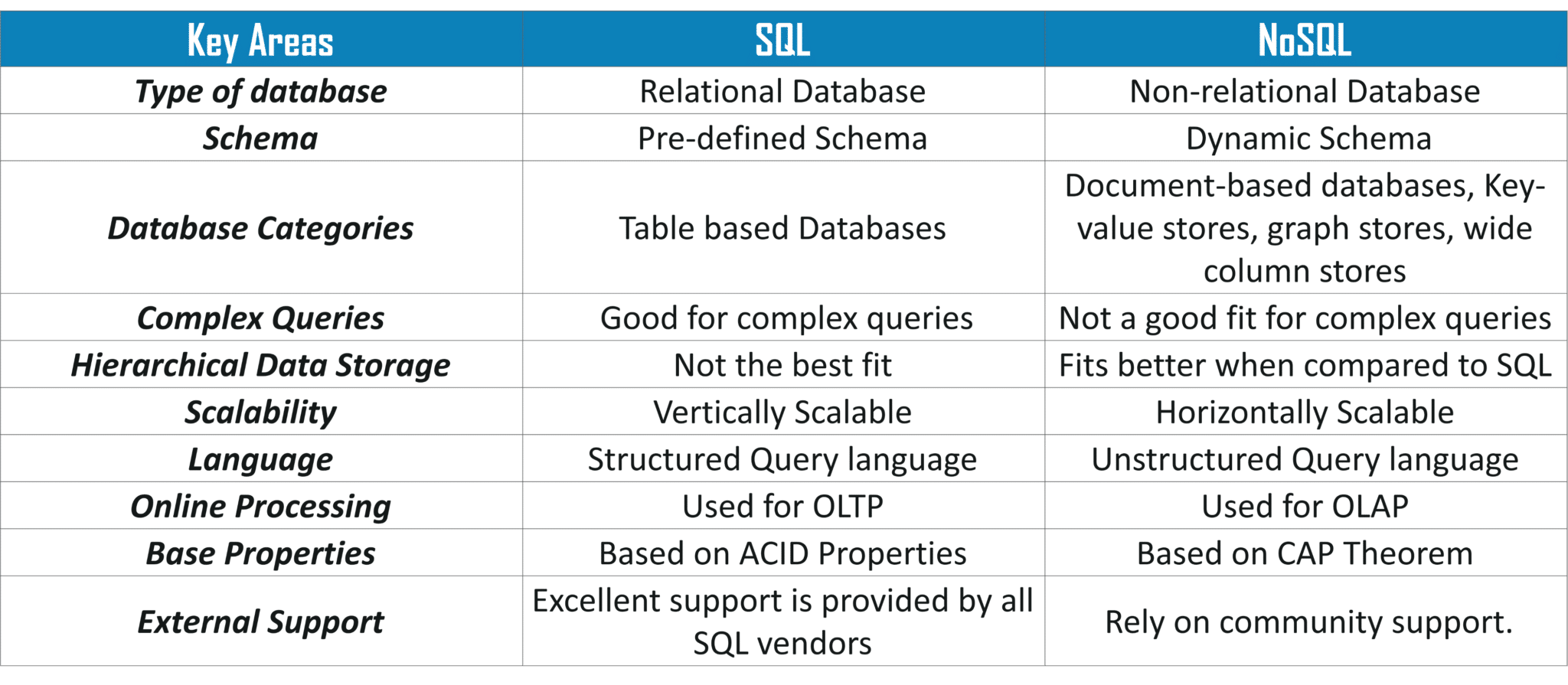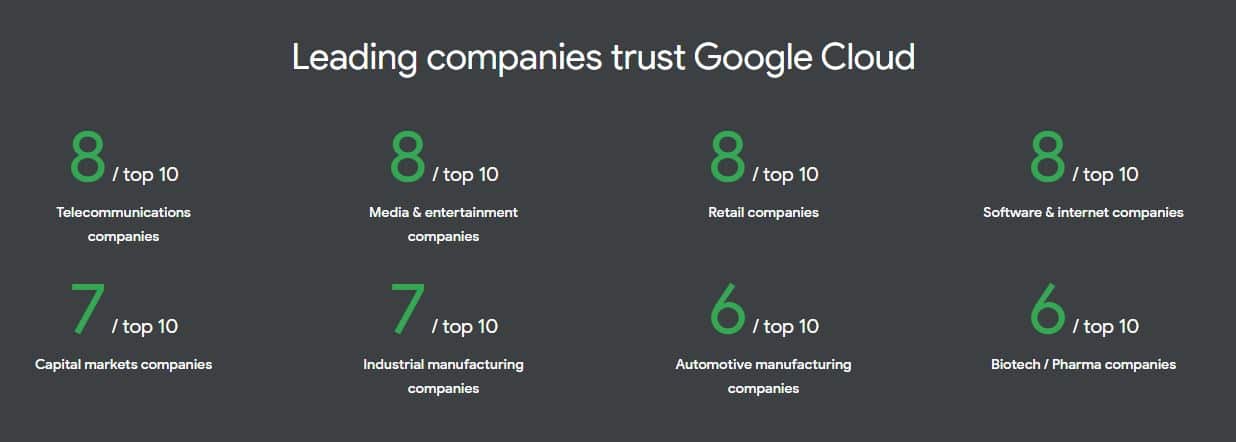What is Cloud Hosting? How it Works, Types, and Top Providers
Until recently cloud computing was reserved for high-tech industries operating at the cutting edge of digital technology. These days, cloud solutions have transformed industries from ecommerce to news publications and social networks and are an everyday reality for many businesses.
RingCentral is here to guide you through the landscape of today’s cloud hosting options and show you how this technology can maximise your site and app resources.
What is Cloud Hosting?
If you host a website or web-based application or are considering doing so in the future, you have probably come across the term cloud hosting.
Unlike traditional web hosting, which uses a single physical server to host content, cloud hosting distributes the responsibility for web hosting across a network of physical and virtual servers, often spread across diverse geographic locations.
Cloud Hosting Architecture and Features
Cloud hosting mobilises a fully cloud-based architecture for all your web hosting requirements. This means no on-premises servers to maintain, applying all the features and benefits of cloud computing to the task of hosting your app or website.
Key features of cloud hosting services include fully scalable resources, flexible payment and pricing, support for both SQL and NoSQL databases, and automated hosting solutions.
Distributed Infrastructure
Rather than relying on a dedicated server based in a single physical location, cloud servers are distributed across multiple machines that can be based anywhere.
The distributed infrastructure of most cloud services consists of huge data centres managed by specialist providers. With integrated power and cooling systems, these ensure maximum efficiency and require a dedicated maintenance team to manage their machinery day-to-day.

Resources Scaled to Organisational Needs
Unlike traditional, in-house hosting from a single server, scaling up your operations means installing new units or upgrading your equipment. The cumbersome task of ensuring your servers are able to keep up with the demands of a growing web application can lead to poor service or even downtime.
When you outsource your organisation’s web hosting to a cloud platform, there’s never any need to upgrade or invest in new servers and more disk space. Harnessing cloud architecture as your hosting solution means you’re able to increase resources based on real-time requirements automatically.
Flexible Payment and Pricing
A basic alternative to hosting a website in-house is to sign up for a simple web hosting package. This buys you a defined block of resources on a single server. All you have to do is register your domain name, then choose how much bandwidth, RAM, or how many CPU cores you need.
If you want even more flexible pricing options, consider the superior scalability of cloud hosting packages. Not only do you not have to commit to expensive hardware upgrades every time you need greater server capacity, many cloud hosting plans allow you to pay only for the resources you actually use.
Typically, cloud hosting services are charged on a pay-for-what-you-use basis. If you hold a hosting account with a cloud platform that also provides you with other cloud services, charges may be bundled together for convenience and to assist with cost management.
Support for SQL and NoSQL Databases
When hosting a web application, it’s crucial that your host supports the database types that your application deploys.
SQL and NoSQL are two of the most commonly used database types. Popular SQL products include MySQL and Microsoft SQL Server. NoSQL databases include Redis and MongoDB.

Because cloud hosting can support both SQL and NoSQL databases, it’s the ideal solution for developers working with both.
Support for different types of databases makes cloud hosting solutions a viable option for a diverse range of applications—from basic WordPress hosting to hosting high-performance videogame servers.
Automated Solutions
In recent years, cloud hosting providers’ delivery models have evolved to incorporate the latest automation technology. Software upgrades and changes to resource deployment can now be carried out without the need for time-consuming reconfiguration.
What’s more, by automatically and dynamically provisioning the computation, bandwidth, and storage resources your application needs, application-aware service provision can optimise application performance and boost resource efficiency.
Types of Cloud Hosting
If you’re interested in deploying a cloud-based hosting solution for your web application, you should understand the different types of cloud hosting available.
There are four main categories of cloud, each with different hosting features, advantages, and disadvantages.
Public Cloud
Public cloud hosting is the cloud equivalent of using a shared server in a traditional hosting setup.
When hosting on a public cloud, hardware is shared between multiple virtual machines. However, unlike traditional shared hosting, the virtual server’s resources are ring-fenced; disk space and processing power aren’t shared with other accounts. Effectively, you only share rack space in the data centres.
When hosting on a public cloud, you can still configure your cloud environment so that your application is protected by a public cloud firewall.
With a virtual firewall, even bandwidth-hogging threats, such as distributed denial-of-service (DDoS) attacks can be mitigated quickly and effectively by deploying public cloud CPU cores.
Private Cloud
While public cloud hosting is not necessarily insecure, you may feel uncomfortable hosting operations that require a high degree of security from the same equipment as other users at all. If this is the case, private cloud hosting is the best cloud solution for your needs.

With private cloud hosting, you don’t share infrastructure with other users. Not only are the resources you use kept separate from other cloud accounts, but you also maintain a physically distinct cloud server.
Because it requires the exclusive use of hardware components, private cloud hosting is more expensive than using a public cloud. But, if you prioritise data control and security, you’ll likely find it worth the extra cost.
Hybrid Cloud
Hybrid cloud refers to an infrastructure that integrates public cloud, private cloud, and on-premises computing. Hybrid cloud solutions are designed to provide orchestration, management, and application portability across all architecture types, resulting in a single, unified, and flexible distributed computing environment.
For web hosting, a hybrid cloud model has the advantage that an organisation can run and scale both traditional or cloud-native workloads using the most appropriate computing paradigm.
Managed Cloud
Managed cloud hosting amplifies the cloud logic of outsourcing key IT functions. As well as providing the physical infrastructure and virtual machines needed to host your web applications, a managed cloud service provides the full range of infrastructure and application-level support.
Managed cloud solutions are great for smaller businesses and startups that might not have access to the dedicated IT staff needed to host a website. This can often require dedicated PHP engineers and various specialist developers.
Benefits of Cloud Hosting
It should be clear by now that there are many benefits of deploying cloud computing for your web hosting needs. Compared to a traditional hosting setup, hosting on the cloud offers increased scalability, efficiency, and reliability.
Scalability of Resources
Because the cloud makes use of specialised data centres maintained by your hosting platform, if you need further resources, you’re able to increase capacity in real-time.
Thanks to the cloud’s immediate and on-demand scalability, you can easily future-proof websites and applications against any increase in use, planned or unplanned.
On-demand Use of Services
Because of the large scale that data centres operate at and because cloud providers offer plans that allow you only to pay for the service you use, hosting from the cloud enables you to meet surges in demand and keep up with constantly evolving resource requirements.

For example, consider an ecommerce website that receives vastly more traffic on certain days like Black Friday. With cloud hosting, retailers can instantaneously mobilise the additional resources needed to cope with any additional traffic, even if it’s unexpected.
Besides basic web hosting, cloud-based approaches are bringing scalable, on-demand provision models to a number of digital services, including on-demand communications provisions, such as RingCentral’s unified communications service.
Reliability of Solutions
The modern data centres that support today’s cloud infrastructure offer high-performance computing with a focus on security and reliability. A typical data centre will run the latest server racks, cutting-edge cooling systems, and multiple backup power supplies.
Because data centres that supply servers for cloud hosting place an emphasis on failure-proof service, the reliability of the cloud hosting solutions they support is unrivalled.
Capital and Operational Savings
Generally speaking, one of the biggest advantages of cloud computing is the savings that can be made on equipment installation and maintenance. Not having to employ large IT departments to run your IT infrastructure is especially cost-effective for smaller organisations.
When it comes to running your web applications, the combination of one-click scalability, on-demand service, increased reliability, and massively reduced hardware costs means that a cloud-based approach to web hosting can generate significant savings compared to hosting in-house.
Top Cloud Hosting Providers
Today there are cloud service providers for every niche, and web hosting is no exception. Nevertheless, the landscape of cloud provision is still dominated by a few big players whose products and services you’re probably already familiar with.
Amazon Web Services
Making up over 30% of the cloud service market share, Amazon Web Services (AWS) are a leading provider of cloud hosting services.
Offering a range of features and plans for different requirements and levels of use, AWS has become a market leader due to its high-performance service and cutting-edge technological innovation. For example, AWS pioneered the application of memory caching in the cloud with Amazon ElastiCache.
Google Cloud
With a range of web-serving stack solutions available, including over a hundred click-and-deploy options, Google’s cloud hosting offerings are some of the easiest to use for the less experienced developer. And because Google cloud integrates seamlessly with the range of Google tools, most people will find it to be a familiar working environment.

IBM Cloud
With over a century’s experience providing computing software and hardware to some of the world’s biggest businesses, it should come as no surprise that IBM is one of the key players in cloud computing.
From fully managed applications to customer-managed systems deployed on shared or dedicated infrastructure, IBM cloud VPS hosting services allow plenty of flexibility to choose the options, pricing, and service model that’s right for your application.
Microsoft Azure
Since branching out into the cloud computing market in 2010, Microsoft has applied the same philosophy of user experience-focused design that made its operating systems so successful to the world of cloud service provision.
With many Infrastructure-as-a-service, storage, mobile, and web-hosting products available, including full support for a range of Windows and Linux virtual machines, Azure offers a powerful suite of cloud tools for all kinds of web developers.
Factors to Consider in a Cloud Hosting Solution
With so many options available, there are many things to consider when choosing your cloud hosting platform.
Level of Security
Some of the world’s largest companies have recently fallen victim to devastating data breaches because attackers have managed to find vulnerabilities in their web services. But security threats shouldn’t discourage you from making the most of useful and secure cloud tools like RingCentral’s file-sharing feature.
To avoid security breaches, you must follow web hosting security best practices, such as regimented backups, monitoring, installing SSL certificates, and regularly scanning for malware.

When choosing a cloud hosting provider, if cybersecurity is a high priority, you should consider things like the level and types of encryption they offer and what security tools your plan includes. Key features to look out for include free SSL certificates, automated backups, antivirus or malware scanning, and DDoS protection.
Extent of Support
As well as differing degrees of security, cloud hosting plans also vary in the level of service provided by their technical and customer support teams.
If you’re running a more niche web application, you should choose a package that is able to cater to your specific requirements by opting for a specialist cloud provider within your sector.
You’ll also want to make sure you choose a cloud host that supports the particular software stack you use in development. For example, different providers offer different Apache integrations, and not all cloud hosts are CPanel compatible.
Performance and Features
As well as the key performance metrics like uptime, execution speed, and SSD storage capacity, you should consider what additional features you want from your cloud hosting platform.
For example, do they offer a free domain or a custom control panel for you to track usage, performance, and changes to your plan? Is there a money-back guarantee available if you change your mind?
Conclusion
Clearly then, the advantages of hosting on the cloud make it the obvious choice for many internet-based applications.
RingCentral offers many business cloud solutions to suit your organisational needs. From our powerful cloud-based phone systems for small businesses and cloud communications platforms for large teams and volumes of customers to our customized and integrated services for mobile operators and managed service providers, our cloud solutions will help you streamline your business operations and boost connectivity.
Hopefully, this guide has helped you understand some of the basic principles of cloud hosting so that you can deploy the best solution for you.
Originally published Feb 08, 2022

